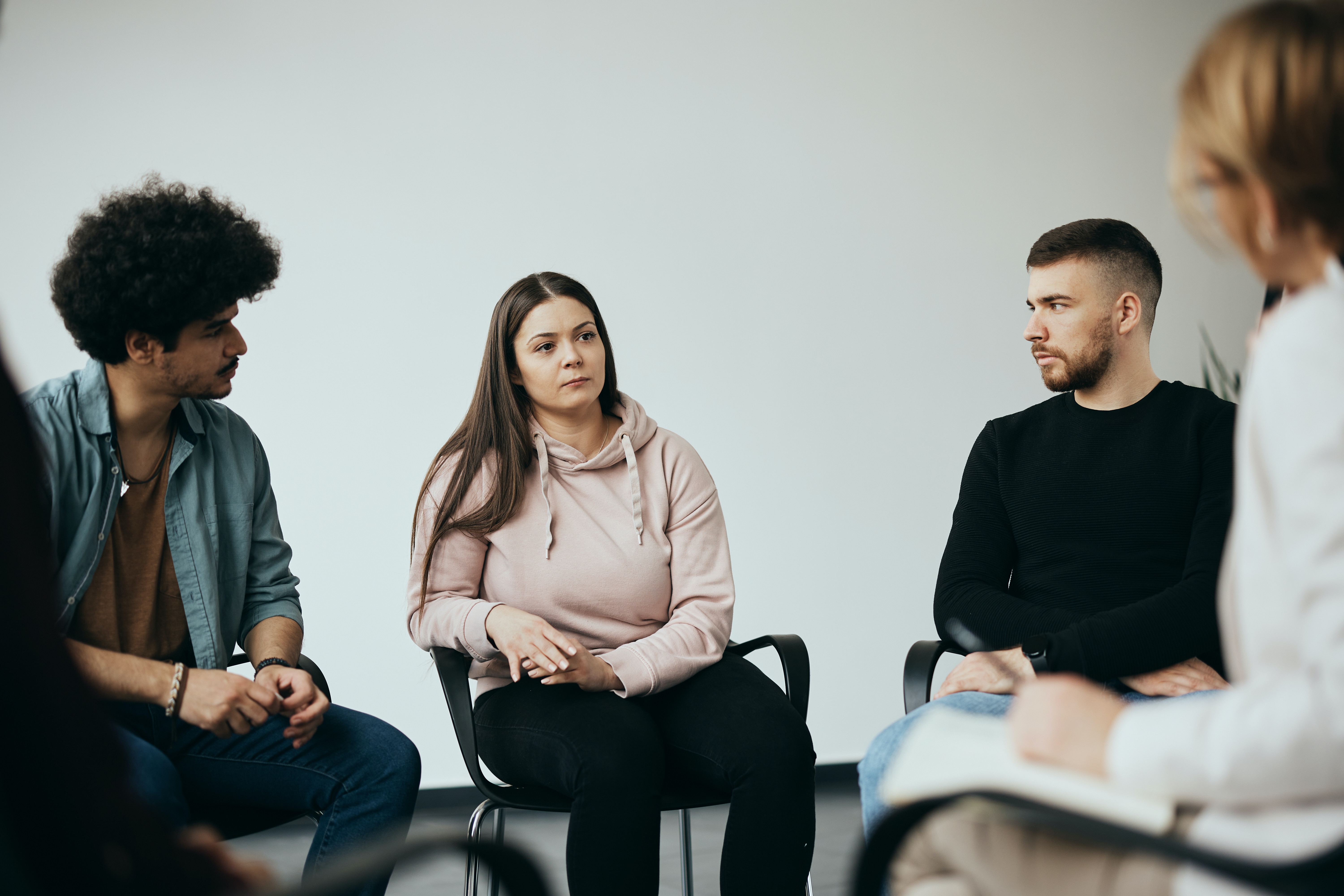
Psychoeducation programmes following an autism diagnosis: evaluating and informing the roll-out of a programme co-designed and co-delivered by autism professionals and autistic adults
This highly novel piece of work is tracking the regional roll-out of an autism psychoeducation programme co-designed and delivered by autistic adults (often referred to as peer mentors or experts by experience) and autism professionals. Key aims are to identify good practice around recruiting, training and supporting peer mentors, and how best to support effective co-design and co-delivery of autism psychoeducation programmes.
SPRU research team
Project Summary
This project arises directly from our previous research on the post-diagnosis care and support of people diagnosed with autism as adults (see related projects (right)). This revealed the significant information and emotional support needs (collectively known as psychoeducational needs) that can be experienced following an autism diagnosis. Group-delivered psychoeducation programmes are designed to meet these needs. They are commonly used with other conditions and have been shown to be effective. However, we know from our earlier work that most autism diagnosis services are not able to offer this sort of support. Our previous research also suggests that autism psychoeducation programmes (sometimes referred to as ‘post-diagnostic support groups’) should be co-designed and co-delivered by autistic adults (peer mentors or experts by experience) and professionally qualified staff expert in autism.
This action research project is tracking the regional roll-out of a co-designed and co-delivered autism psychoeducation programme. Its objective is to draw lessons from experiences during the recruitment, training and supervision of peer mentors, and to identify what works in supporting effective co-design and co-delivery of the programme by peer mentors and autism professionals. The researchers are using interviews, qualitative surveys and focus groups to follow the experiences of peer mentors and autism professionals.
